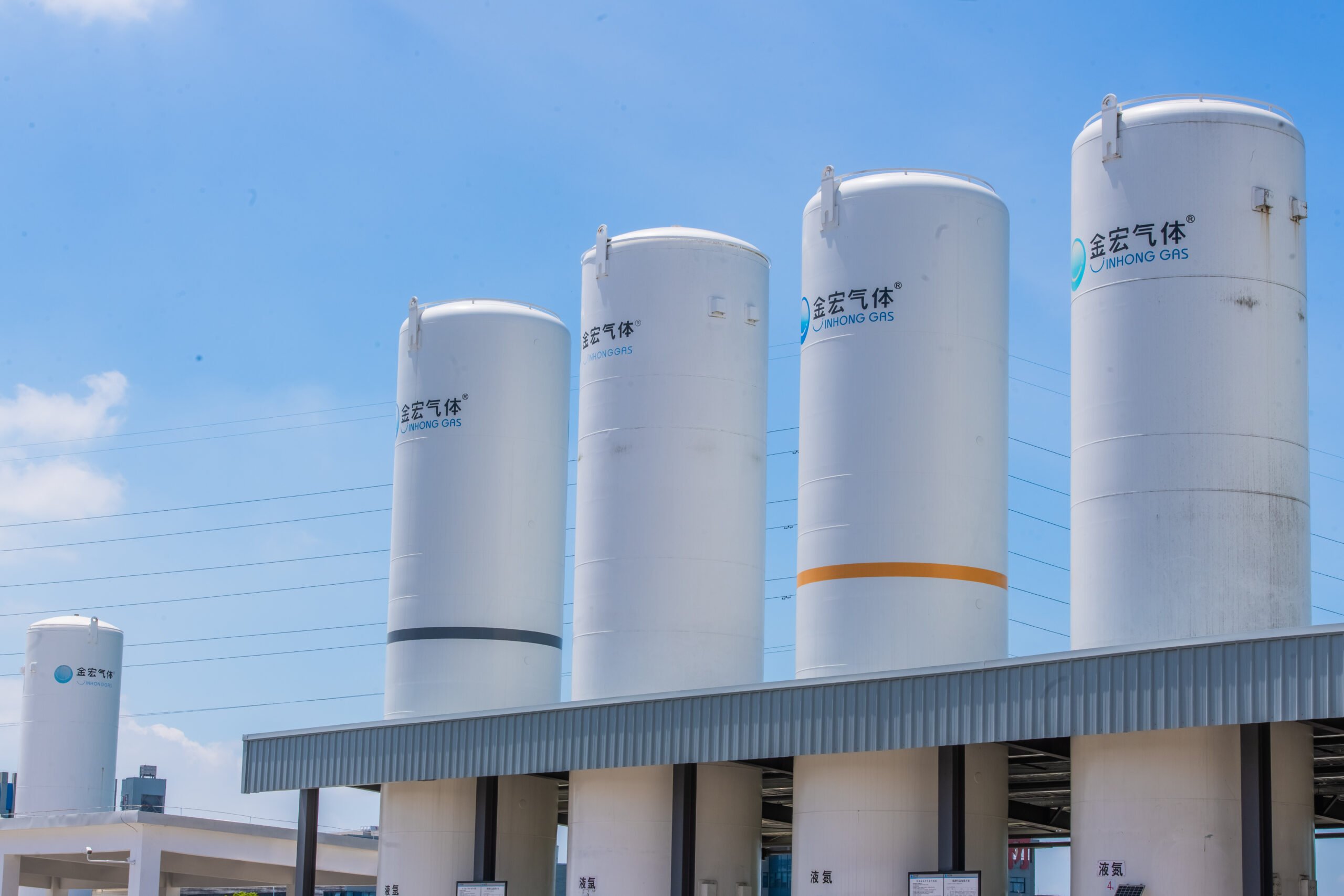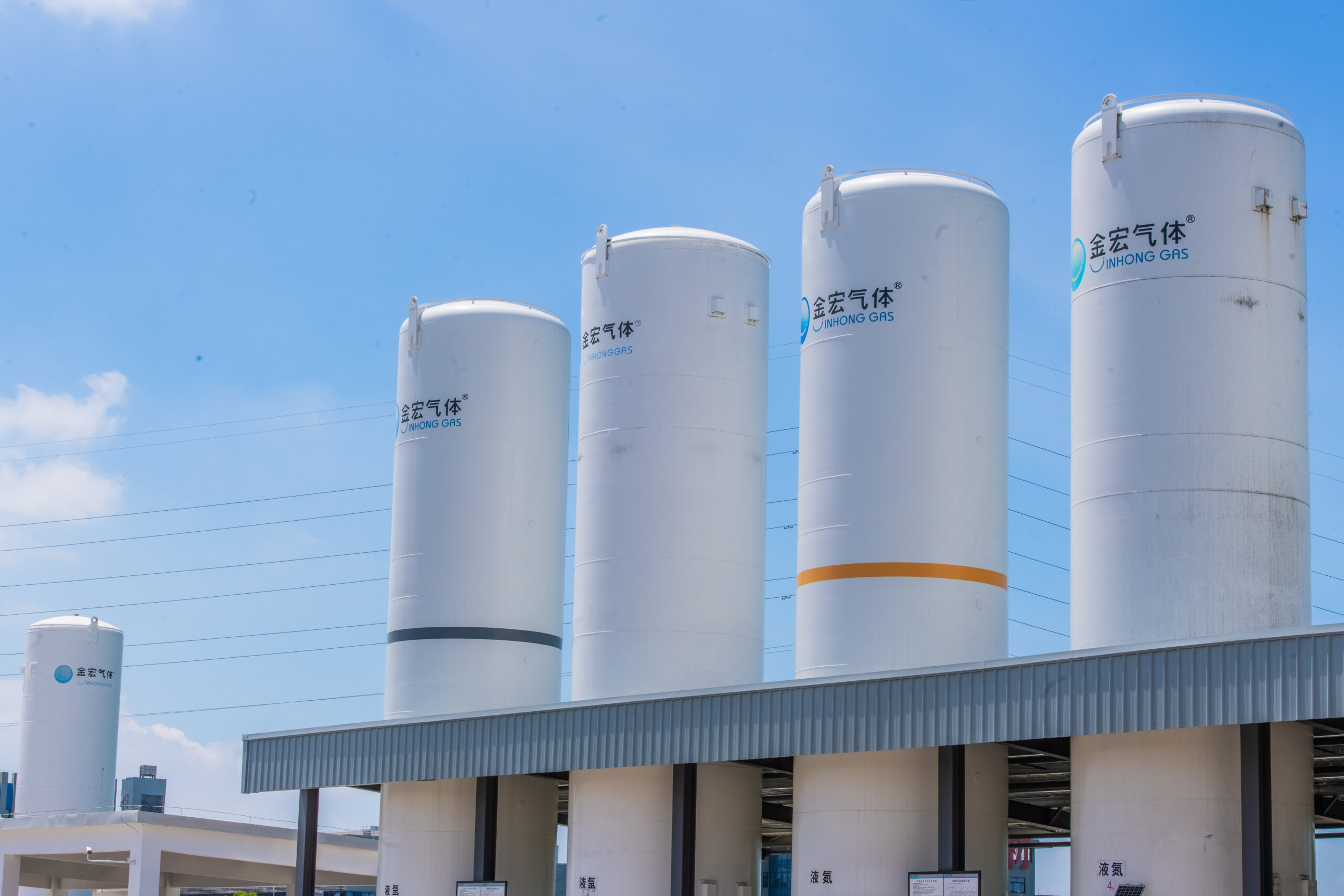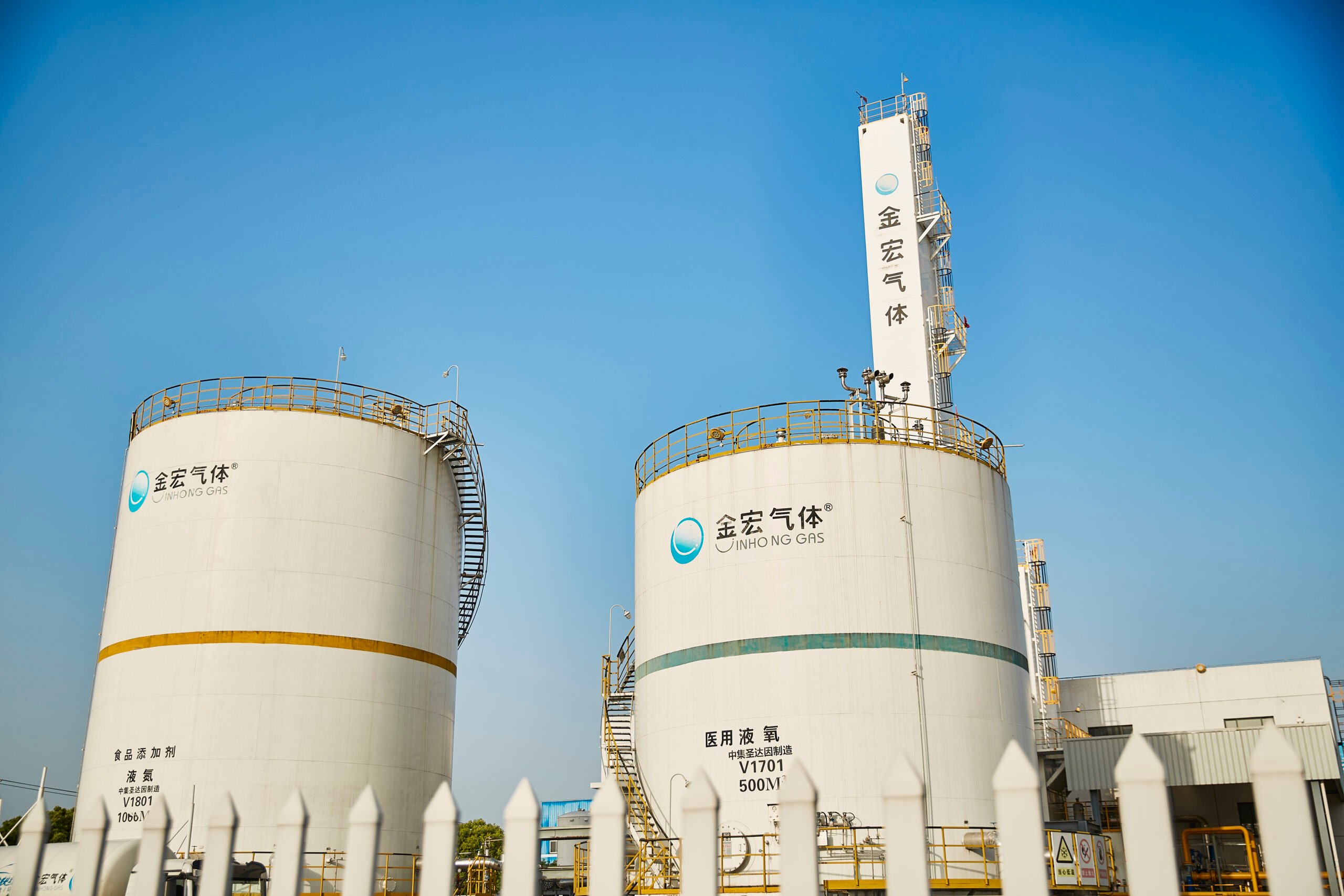What are Medical Gases?
Medical gases generally refer to any gases or mixtures of gases intended for medicinal uses. Common examples are oxygen, nitrogen, nitrous oxide (commonly known as “laughing gas”), nitric oxide, carbon dioxide, helium, medical air and mixture of some of the above gases. They can be stored in gas cylinders, gas tankers, stationary cryogenic storage tanks or transportable cryogenic tanks. (Medical gas companies)
At present, the use of medical gases is on the rise, both in the hospital, pharmaceutical and health fields in general and in the home. To speak of medical gases is to speak of special medicines. This is how they are classified.
By medicinal gas we mean any product consisting of one or more gaseous components and whose purpose is direct contact with the human organism.
The use of gases is indispensable in a hospital for medical care in a multitude of units. For this reason, their use, supply and administration must be effective, efficient and safe.
Medical gas companies provide essential services to healthcare facilities, supplying gases like oxygen, nitrogen, and nitrous oxide. These gases are crucial for patient care, medical equipment, and various medical procedures. In this article, we’ll explore what these companies offer, the industries they serve, and the latest trends affecting the medical gas market.
What Are Medical Gas Companies?
They supply healthcare institutions with the gases necessary for patient care. These gases, including oxygen, medical air, nitrous oxide, and carbon dioxide, are used in a variety of medical procedures and equipment. These companies not only provide the gases themselves but also offer equipment such as regulators, cylinders, and medical gas delivery systems.
Services Provided by Medical Gas Companies
- Oxygen Supply: Oxygen is the most commonly used medical gas, vital for patients in need of respiratory support. Medical gas companies ensure reliable oxygen delivery to hospitals, clinics, and home care providers.
- Nitrous Oxide and Anesthesia Gases: Nitrous oxide, commonly used in dental and surgical procedures, is supplied by medical gas companies in precise quantities. Anesthesia gases are also provided to hospitals for surgeries.
- Medical Air: Medical air, a clean, oil-free air, is necessary for various medical devices like ventilators and anesthesia machines. Medical gas companies ensure the consistent supply of medical-grade air.
- Cylinder and Tank Management: Medical gas companies handle cylinder distribution and storage, ensuring that gases are available when needed. They also provide systems for monitoring gas levels and ensure the safe handling of high-pressure cylinders.
- Gas Delivery Systems: These companies design and install specialized gas delivery systems, including pipelines, valve systems, and safety features to ensure gases are delivered safely and efficiently to healthcare facilities.
Industries Served by Medical Gas Companies
- Hospitals and Healthcare Facilities: These companies provide a wide range of gases, from oxygen for patients with respiratory issues to nitrous oxide for surgical procedures.
- Dental Practices: They supply nitrous oxide and oxygen to dental practices, where these gases are often used for sedation and anesthesia.
- Emergency Medical Services (EMS): Ambulances and emergency responders rely on medical gas companies for life-saving gases like oxygen during transport.
- Home Healthcare: Patients with chronic respiratory issues may need continuous oxygen supply, which medical gas companies provide directly to homes.
Trends in the Medical Gas Industry
The medical gas industry continues to evolve with new technologies and increased demand for specialized gases. Here are a few key trends:
- Increased Demand for Oxygen: With growing health concerns worldwide, especially in aging populations, the demand for medical oxygen has increased. They are expanding their services to meet this need.
- Sustainability Initiatives: Many companies are adopting environmentally friendly practices, such as reducing the carbon footprint of medical gas production and recycling gas cylinders.
- Technological Advances: The development of more advanced delivery systems, including automated monitoring of gas levels and remote tracking, has improved efficiency and safety in medical gas supply.
- Regulatory Changes: They are subject to stringent regulations regarding gas quality and safety. As regulations continue to evolve, these companies must adapt to ensure compliance.
How to Choose the Right Medical Gas Company
When choosing it, you must consider the following points:
- Reliability: Choose a company that can provide a consistent and timely supply of medical gases, especially in emergency situations.
- Compliance with Regulations: Ensure the company follows all necessary safety and quality standards set by health authorities.
- Quality of Gases: Medical gases should meet strict quality control standards. Always inquire about the company’s quality assurance processes.
- Customer Service: A company that offers excellent customer service and provides around-the-clock support can be a great asset in critical situations.
- Pricing and Flexibility: Compare prices and services to find a company that offers competitive pricing and flexible service options, especially for long-term contracts.
Conclusion
They play a crucial role in healthcare by providing essential gases for patient care and medical procedures. With increasing demand and evolving technologies, these companies continue to innovate and offer improved services. By understanding the services provided and the trends shaping the industry, healthcare providers can make informed decisions when selecting a medical gas supplier.




